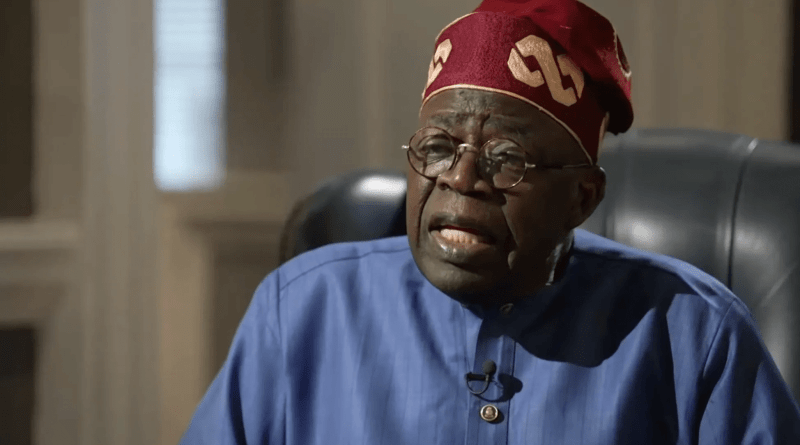President Bola Tinubu reveals plans for massive investments in health care sector
President Bola Tinubu emphasized his administration’s dedication to enhancing Nigeria’s health sector through substantial investments and increased funding in the proposed 2024 budget. He made this announcement during the unveiling of Nigeria’s Health Sector Renewal Investment Initiative and the signing of the Health Renewal Compact in Abuja. This event was held in celebration of Universal Health Coverage (UHC) Day, which takes place annually on December 12.
President Tinubu expressed that delivering improved quality healthcare is a crucial aspect of his promise to bring Renewed Hope to Nigerians. With the support of multilateral partners and agencies, the focus on healthcare has been reignited.
He highlighted the significance of collective reflection and action in pursuing health for all, as encapsulated by this year’s theme, “Health for All: Time for Action.” The President emphasized that health encompasses not only the absence of disease but also physical, mental, and social well-being. Nigeria is committed to achieving Universal Health Care Coverage, and the President’s administration is unwavering in upholding this right for every individual, regardless of age or location.
Recognizing the importance of primary healthcare in establishing a resilient and integrated healthcare system, President Tinubu announced comprehensive plans for the renovation of physical infrastructure, procurement of equipment, and the re-training of frontline health workers, commencing in 2024.
President Tinubu also announced plans to address the high cost of healthcare by redesigning the Basic Health Care Provision Fund (BHCPF) to improve access to essential healthcare services. This initiative is in line with the National Health Act (2014). It is important to note that the coordination and implementation of these initiatives will be non-partisan, as emphasized by the President.
The Coordinating Minister of Health and Social Welfare, Prof. Muhammad Ali Pate, highlighted key policy actions in the health sector. He explained that the BHCPF has been redesigned to serve as the foundation for a sector-wide approach. Additionally, the BHCPF will receive at least $2.5 billion in financing from 2024 to 2026, contributing to the improvement of the primary health system nationwide. This funding will come from both pooled and non-pooled sources.
To further enhance healthcare services, the Minister outlined plans to double the number of fully functional Primary Healthcare Centres (PHCs) from 8,809 to 17,618 by 2027. These PHCs will be linked to a comprehensive emergency care system, ensuring better access to healthcare across all 36 states and the Federal Capital Territory (FCT).
Transparency in reporting is a key focus for the government. Prof. Pate stated that resource allocation, releases, and results will be made transparent to all stakeholders, including government bodies, non-governmental partners, civil society organizations, and citizens. This commitment to transparency will ensure accountability and effective utilization of resources.
The proposed 2024 budget reflects the political will of the Tinubu administration to achieve Universal Health Coverage (UHC) and improve the health of Nigerians. Increased allocation for the health and social welfare sectors demonstrates the government’s dedication to making healthcare more accessible and affordable for all.
The Coordinating Minister of Health and Social Welfare expressed gratitude to the President for the Federal Government’s substantial investments in healthcare infrastructure and equipment, as well as the provision of essential supplies and the expansion of health insurance. He emphasized the government’s commitment to the well-being of the healthcare workforce.
In relation to the escalating prices of pharmaceuticals, Prof. Pate revealed the government’s plan to establish a mechanism for the collective procurement of critical medications by 2024. This initiative aims to reduce costs and ensure the quality of life-saving drugs, making them more affordable for the most vulnerable Nigerians.
Looking ahead, the Minister highlighted the President’s initiative to unlock the healthcare value chain, which will result in Nigeria gradually manufacturing a larger portion of its generic drugs, medical devices, and related products like vaccines. This strategic move will decrease our reliance on those who solely seek to exploit our markets.




